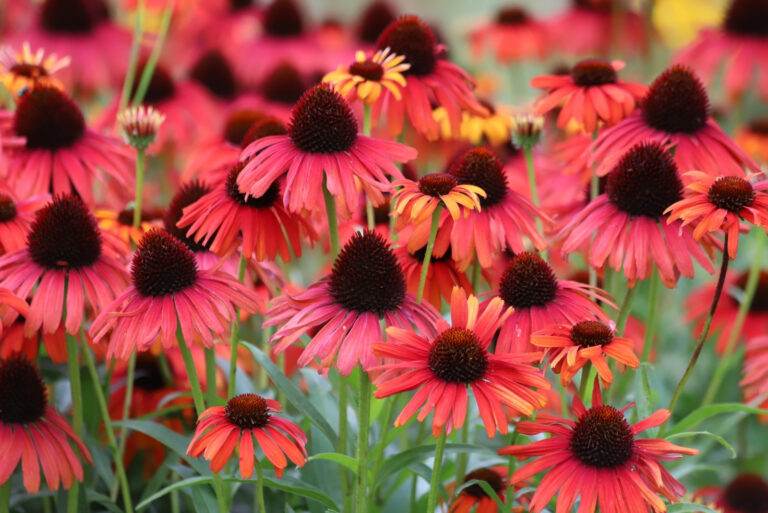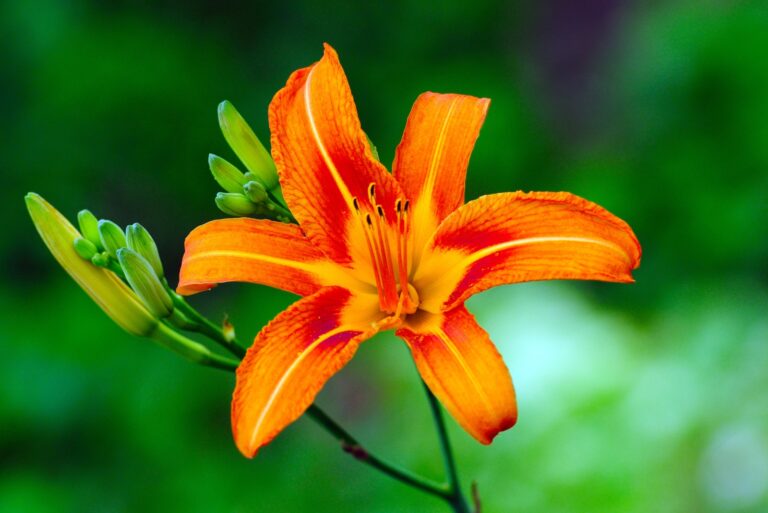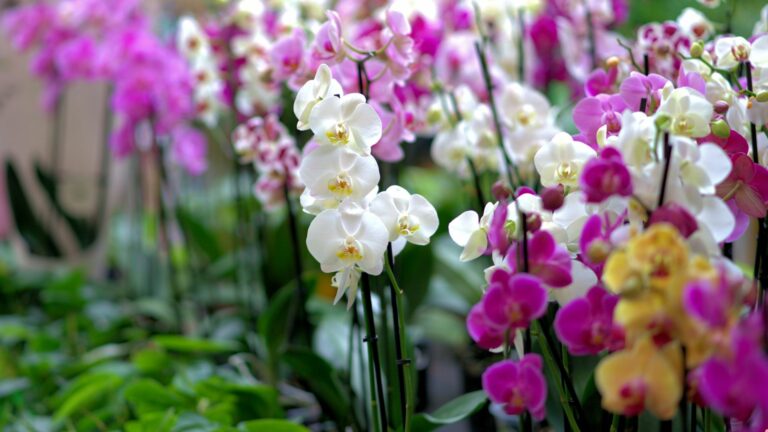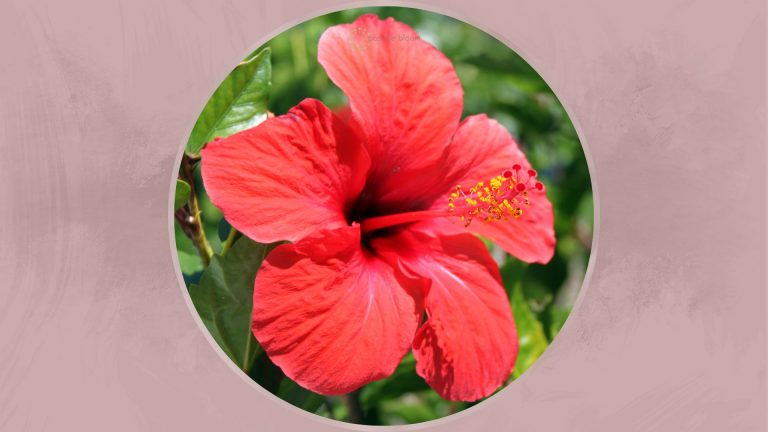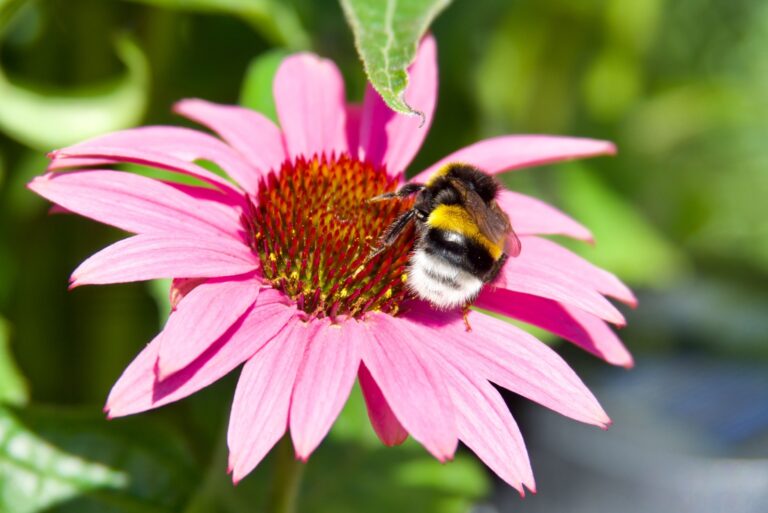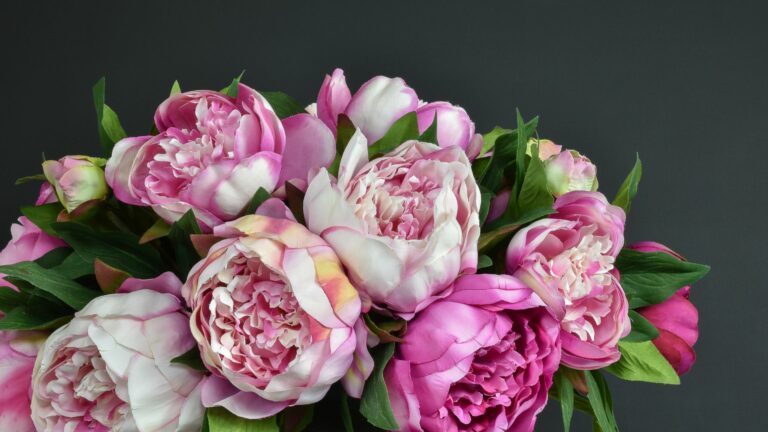Things To Do About Black Spots On Rose Leaves In Rhode Island
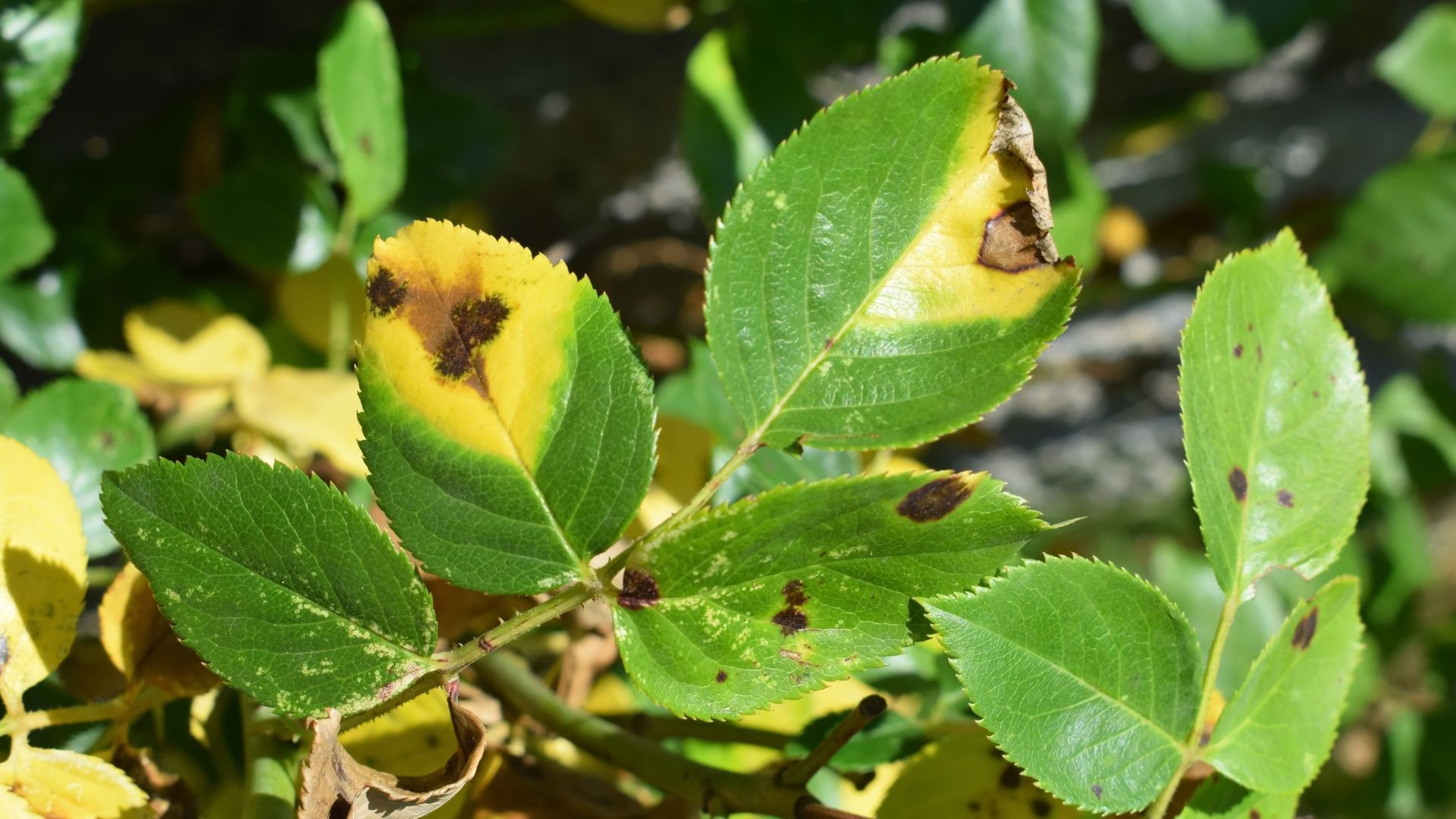
Rose gardeners across Rhode Island often face a common enemy: black spot fungus. This pesky disease thrives in our humid coastal climate, causing unsightly dark patches on leaves and eventually weakening entire plants. I’ve battled this fungus in my own Warwick garden for years, trying everything.
Black spot spreads quickly during Rhode Island’s wet spring and summer months, when moisture lingers on leaves. Left untreated, it can defoliate your prized roses by mid-season and reduce flowering. The good news? There are effective solutions that work especially well in our Ocean State growing conditions.
With proper care and consistent management, your roses can thrive despite this common problem. These fifteen strategies have helped countless Rhode Island gardeners maintain healthy, beautiful rose gardens even when black spot threatens.
1. Prune Affected Leaves Immediately

At the first sign of black spots, grab your pruning shears. Remove affected leaves and any fallen debris around the plant base. In Rhode Island’s humidity, infected leaves become fungal launching pads.
Sanitize your tools between cuts with rubbing alcohol to prevent spreading the disease. Many local gardeners make this a weekly ritual during summer months when the fungus spreads fastest.
2. Apply Organic Fungicide Sprays
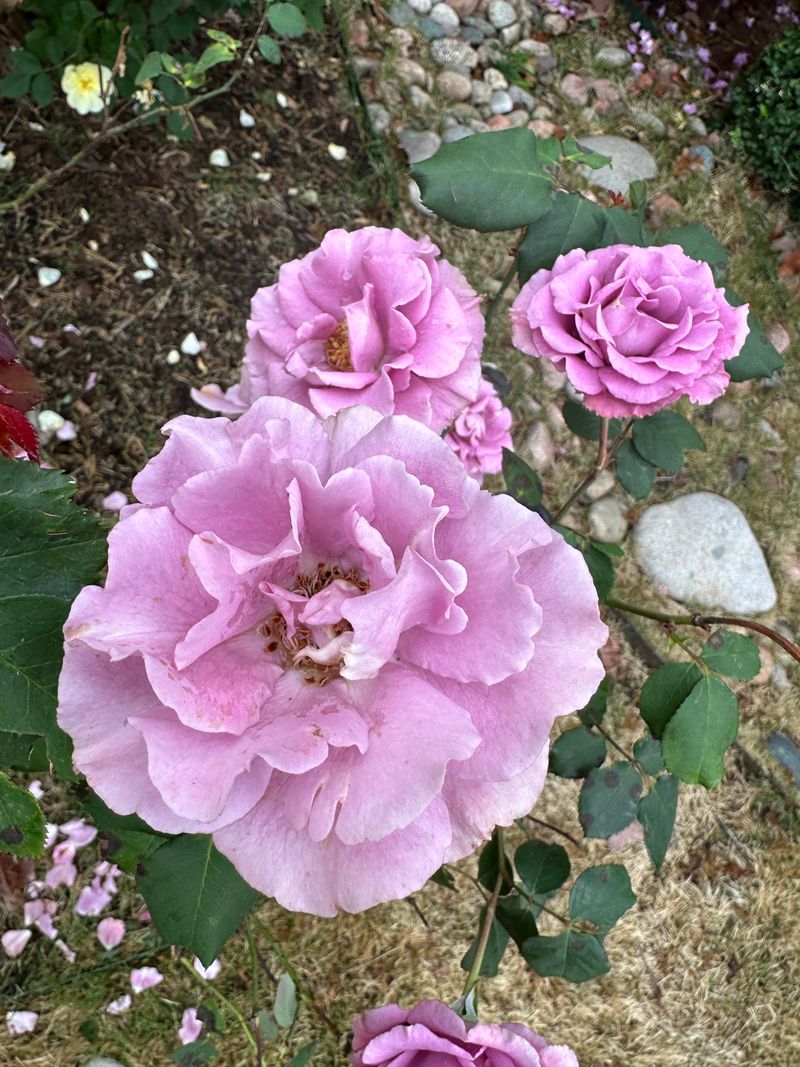
Neem oil works wonders on Rhode Island roses. Mix 2 tablespoons with a gallon of water and a drop of dish soap, then spray weekly. The coastal humidity here makes fungal issues persistent, but neem provides effective control without harsh chemicals.
Apply early morning so leaves dry completely before evening dew forms. Local nurseries like Farmer’s Daughter in South Kingstown carry quality neem products specifically formulated for our climate.
3. Improve Air Circulation
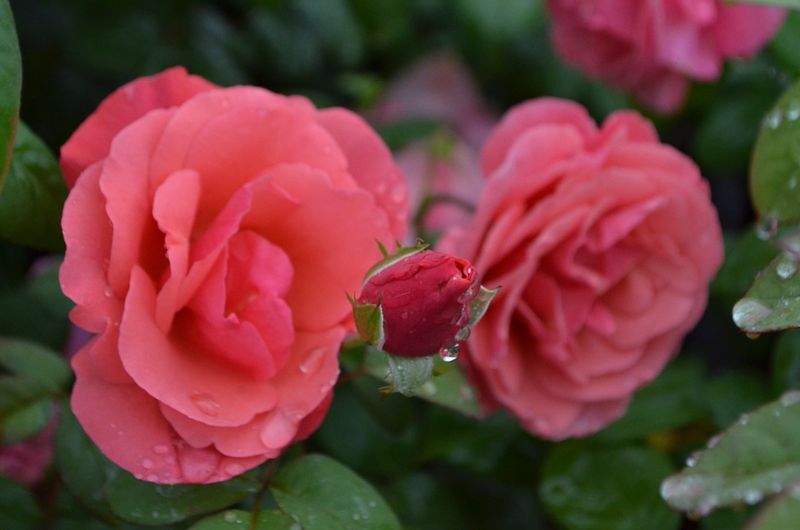
Space your rose bushes properly—at least 3 feet apart. Our Rhode Island sea breezes should flow freely between plants, quickly drying leaves after rain or morning dew.
Remove interior branches that cross or crowd each other. This simple practice makes a huge difference in preventing black spot, especially in Newport and coastal areas where fog and humidity create perfect conditions for fungal growth.
4. Water At The Base Only
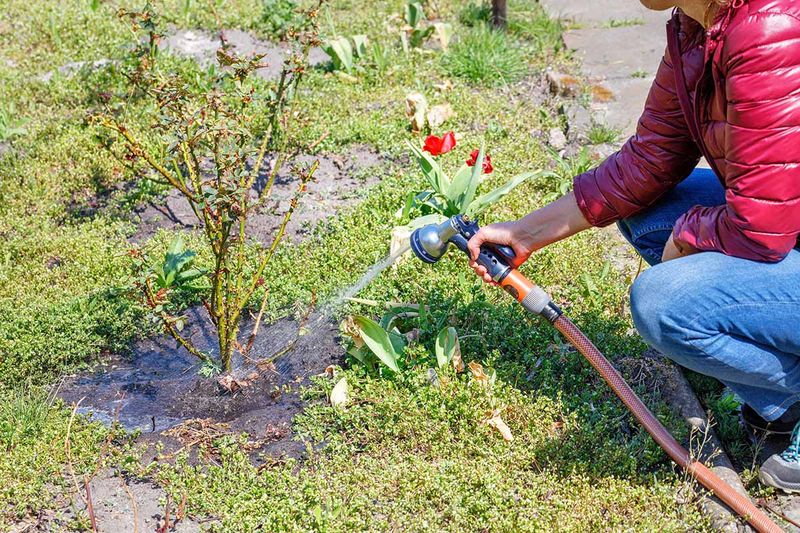
Keep those leaves dry! Wet foliage creates a welcome mat for black spot fungus, especially problematic in Rhode Island’s already humid environment.
Install soaker hoses or drip irrigation systems that deliver water directly to the soil. Morning watering gives leaves time to dry before nightfall. My garden in Providence stayed nearly black-spot-free after switching to this watering method despite our frequent summer showers.
5. Apply Mulch Strategically
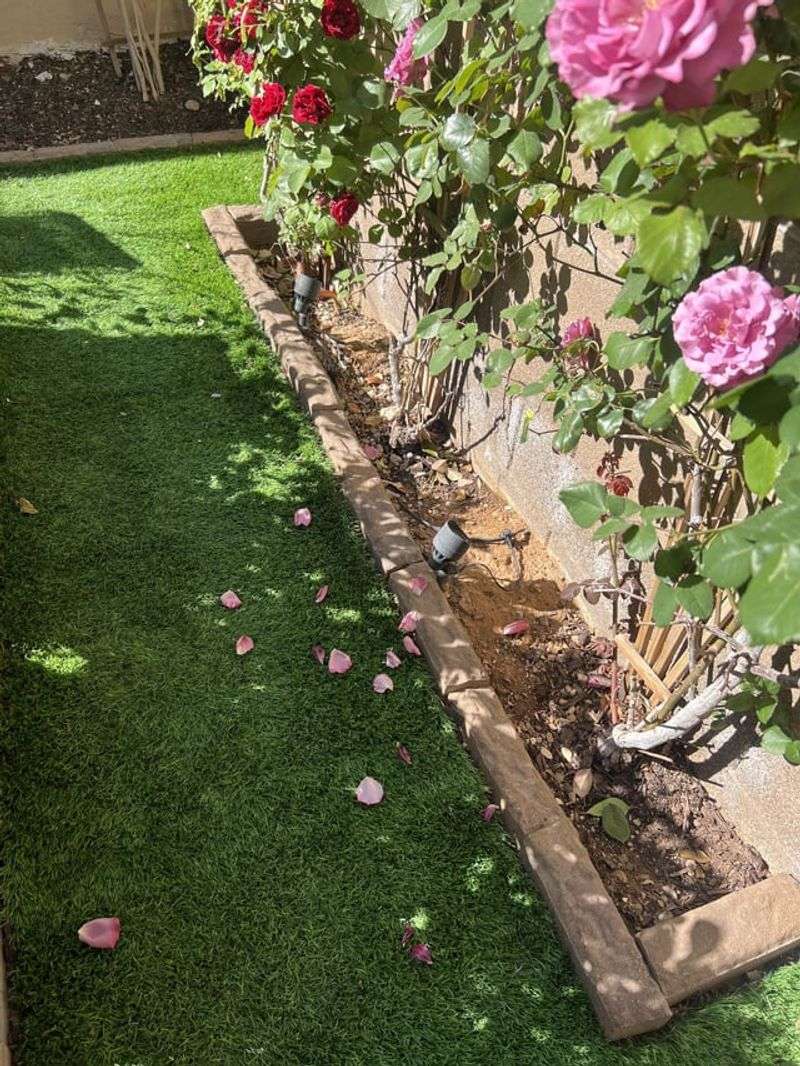
Fresh mulch acts as a barrier against fungal spores splashing up from soil. Apply 2-3 inches around roses, keeping it slightly away from stems to prevent rot.
Replace mulch annually in early spring before Rhode Island’s rainy season begins. Cedar mulch works particularly well here as it naturally resists decay in our humid climate and provides some fungal protection.
6. Try Baking Soda Solution
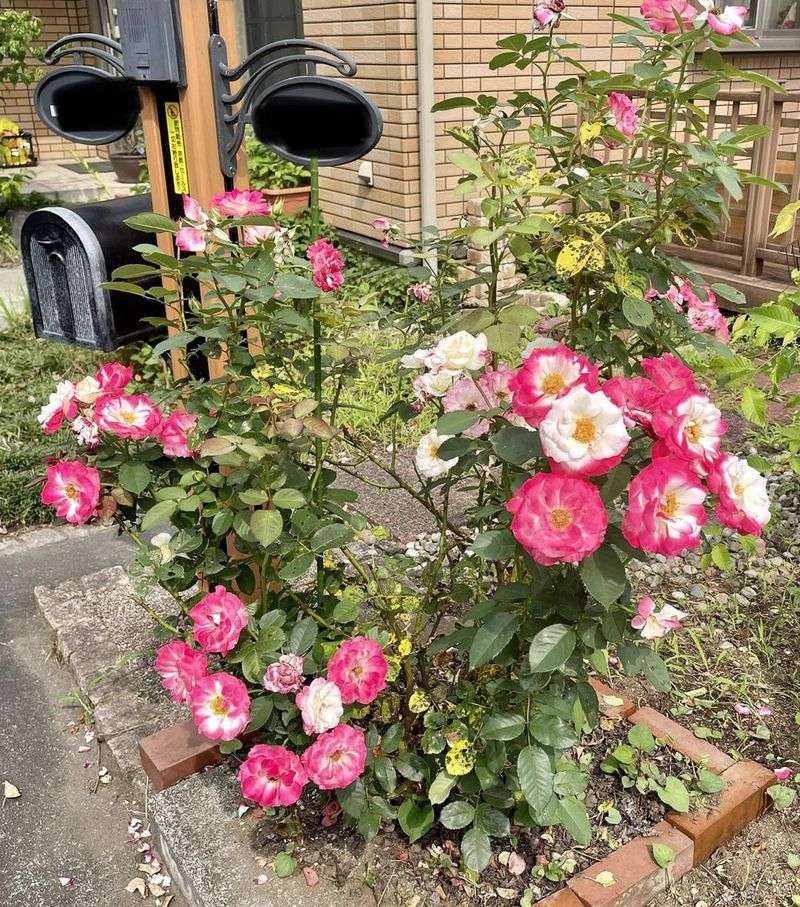
Mix 1 tablespoon baking soda with 1 gallon of water and a few drops of dish soap. This homemade spray alters leaf pH, making it less hospitable to fungal growth.
Rhode Island gardeners find this especially effective as a preventative before humid periods. Spray every 7-10 days during peak season. I’ve used this solution on my East Providence roses with surprisingly good results, especially when applied consistently before rainy stretches.
7. Plant Resistant Rose Varieties
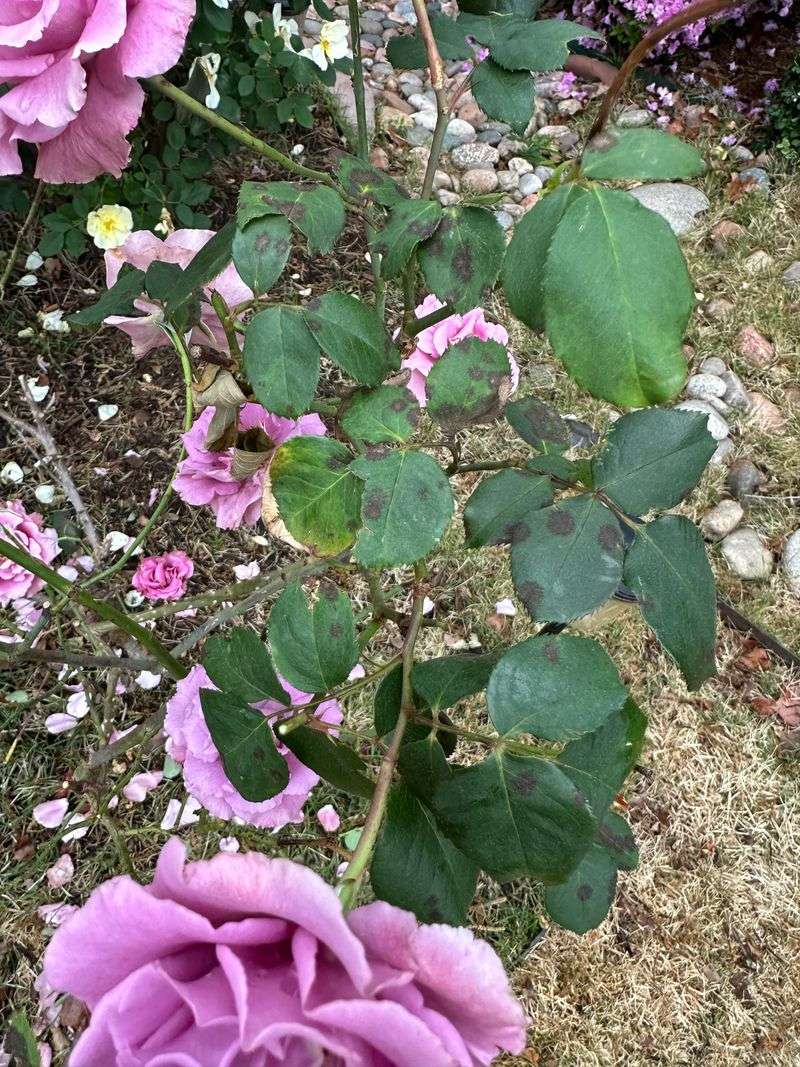
Knockout roses thrive in Rhode Island gardens with minimal black spot issues. Other resistant varieties include ‘Carefree Beauty,’ ‘Sea Foam,’ and ‘The Fairy.’
Local nurseries like Briggs in North Attleboro often carry these varieties adapted to our climate. The URI Master Gardeners recommend these specific cultivars for Rhode Island’s coastal conditions where fungal pressure is highest.
8. Rotate Planting Sites
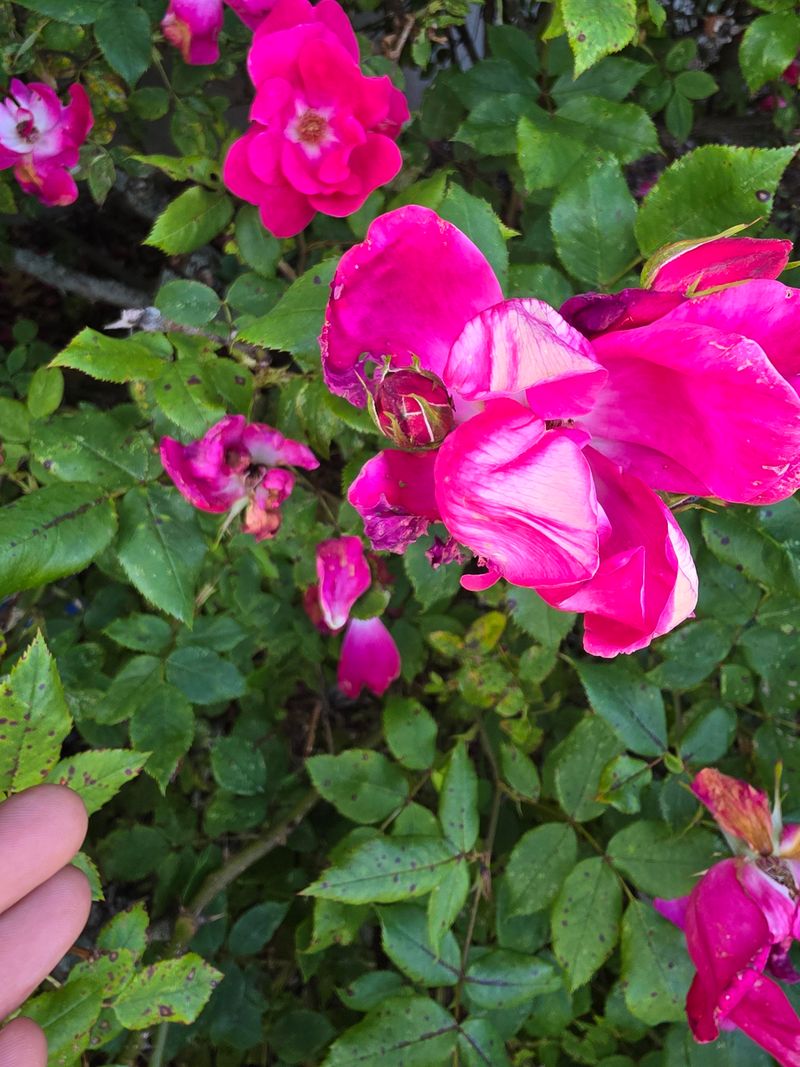
Black spot fungus overwinters in soil. If possible, plant new roses at least 6 feet from where roses previously grew. This breaks the disease cycle.
For established gardens where rotation isn’t possible, replace the top 2-3 inches of soil annually. This technique has saved many rose gardens in Rhode Island’s historic properties, where gardens have existed for generations in the same location.
9. Use Milk Spray Treatment
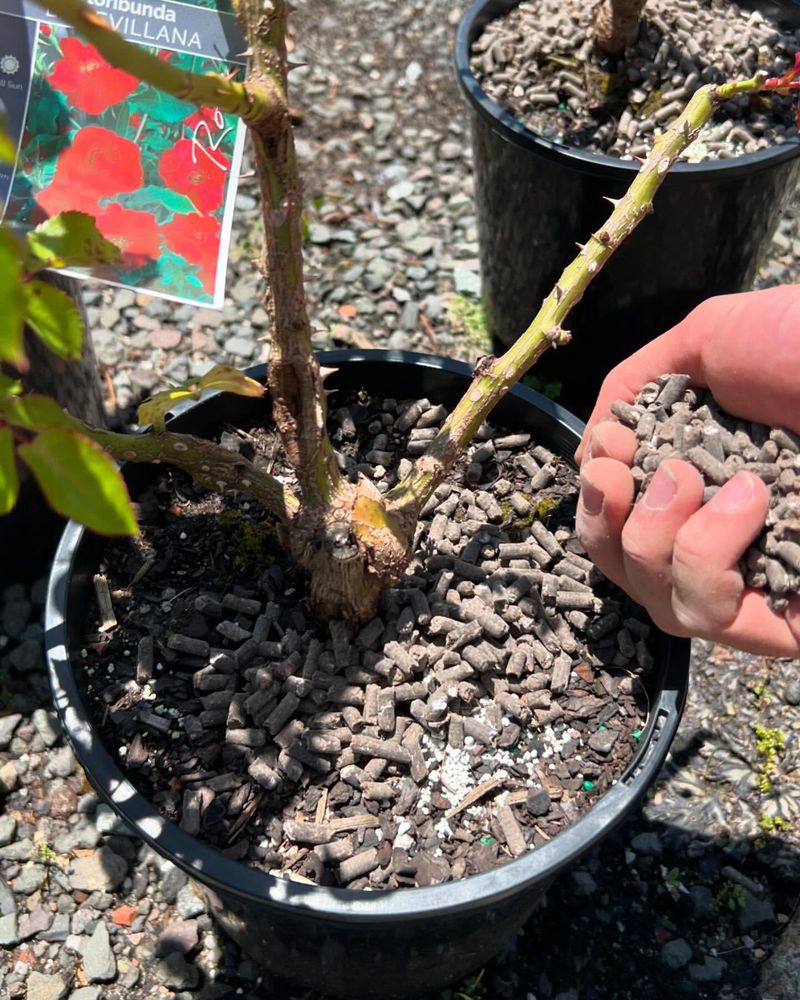
Mix one part milk with nine parts water and spray on rose leaves weekly. The proteins in milk create an environment hostile to fungal growth while boosting plants’ immune response.
Apply on dry, sunny mornings for best results. This remedy works surprisingly well in Rhode Island gardens, where our specific humidity and temperature patterns seem particularly responsive to this treatment.
10. Apply Compost Tea
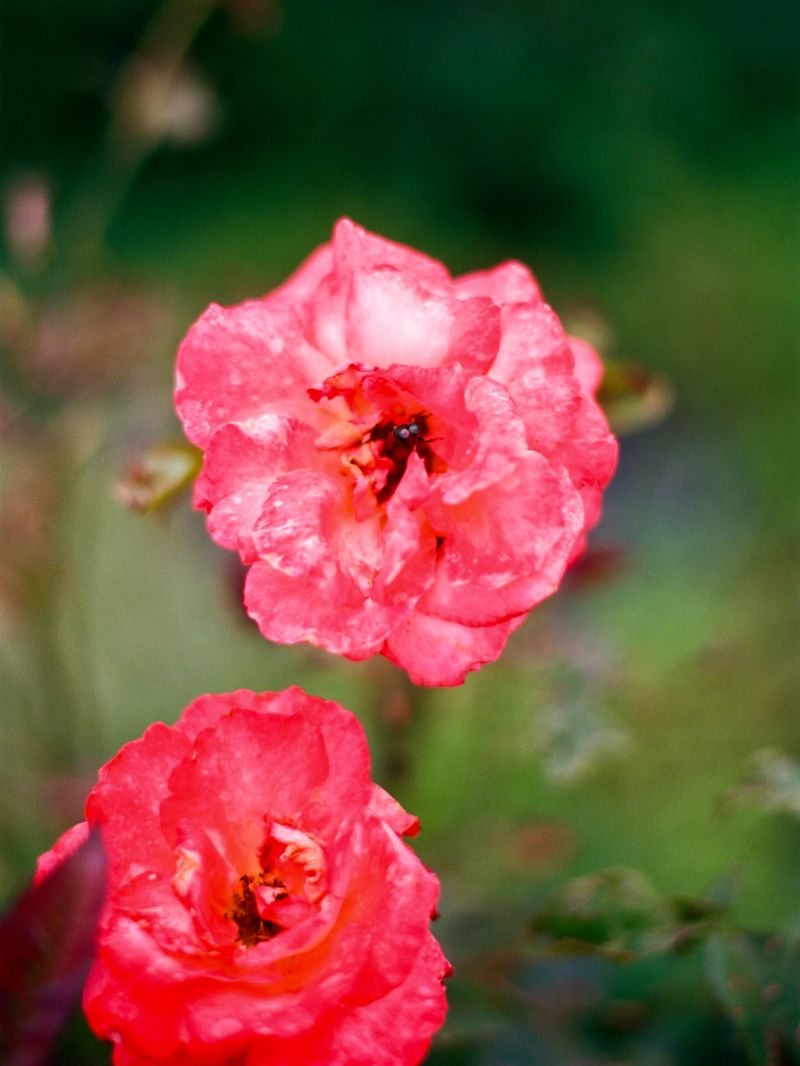
Brew compost tea by steeping finished compost in water for 24-48 hours. The beneficial microorganisms fight pathogenic fungi and strengthen plant immunity.
Apply directly to soil and as a foliar spray. Rhode Island’s native soil often lacks these beneficial microbes, making this treatment especially effective here. Local community gardens in Providence regularly brew compost tea for members to use on roses.
11. Clean Up Fall Debris Thoroughly
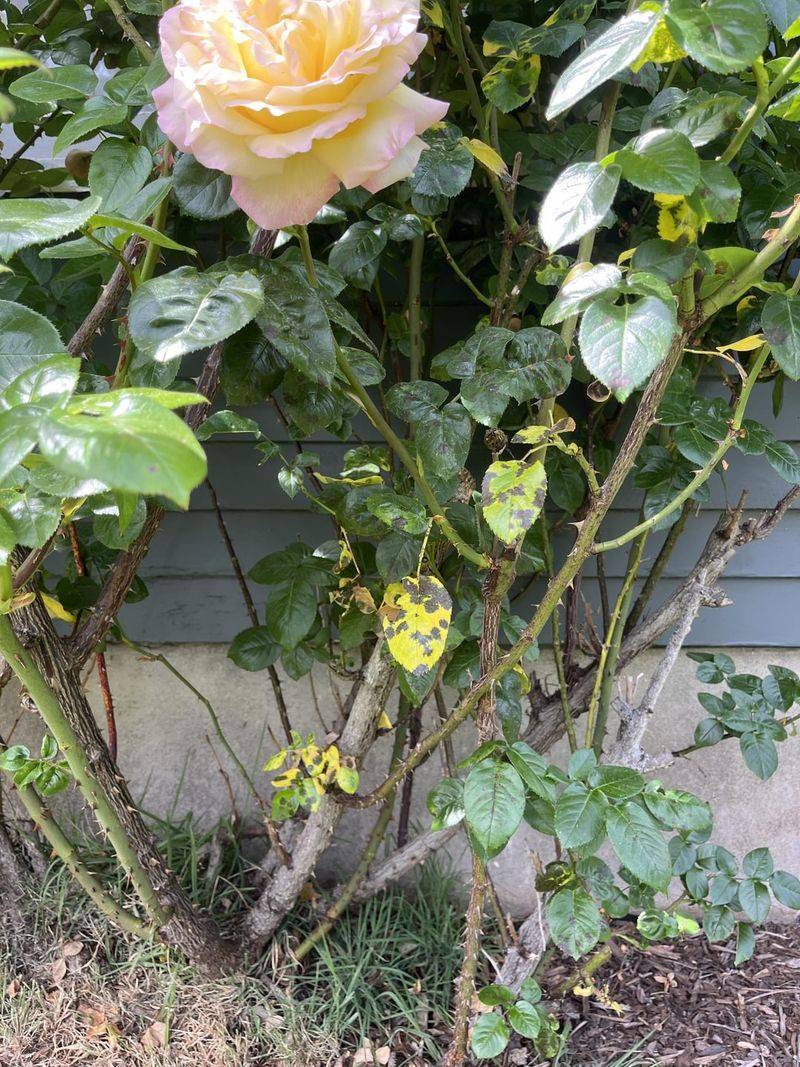
Fall cleanup is crucial in Rhode Island gardens. Remove ALL fallen leaves and prune infected canes, as the fungus overwinters in garden debris.
Don’t compost these materials—bag and dispose of them instead. Rhode Island’s mild winters don’t reliably kill fungal spores in compost piles. This single practice dramatically reduces black spot problems the following spring in our region.
12. Implement Regular Fungicide Rotation
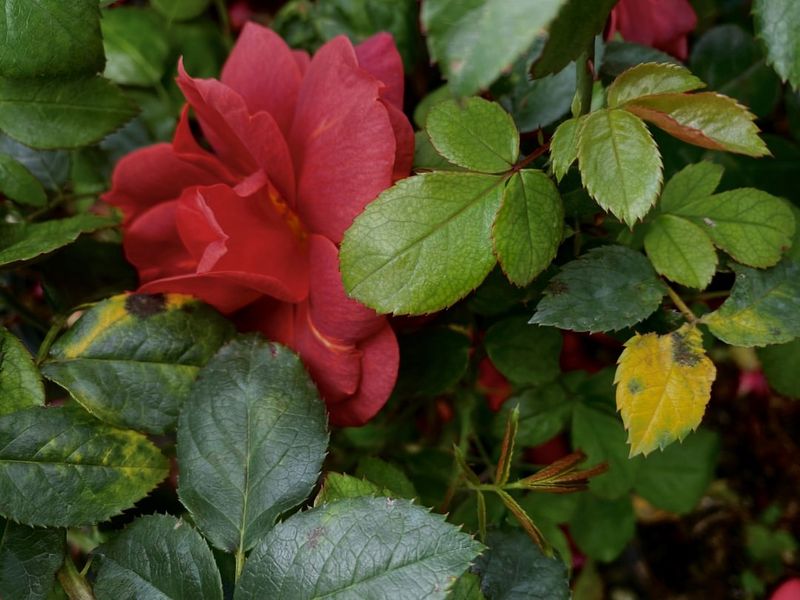
Alternate between different classes of fungicides to prevent resistance. Switch between copper-based products, sulfur sprays, and synthetic options throughout the season.
Start applications before black spot appears, typically early May in Rhode Island. Our extended humid season requires more diligent application than drier regions. The extra effort pays off with season-long protection against our persistent coastal fungal pressure.
13. Boost Plant Immunity Naturally
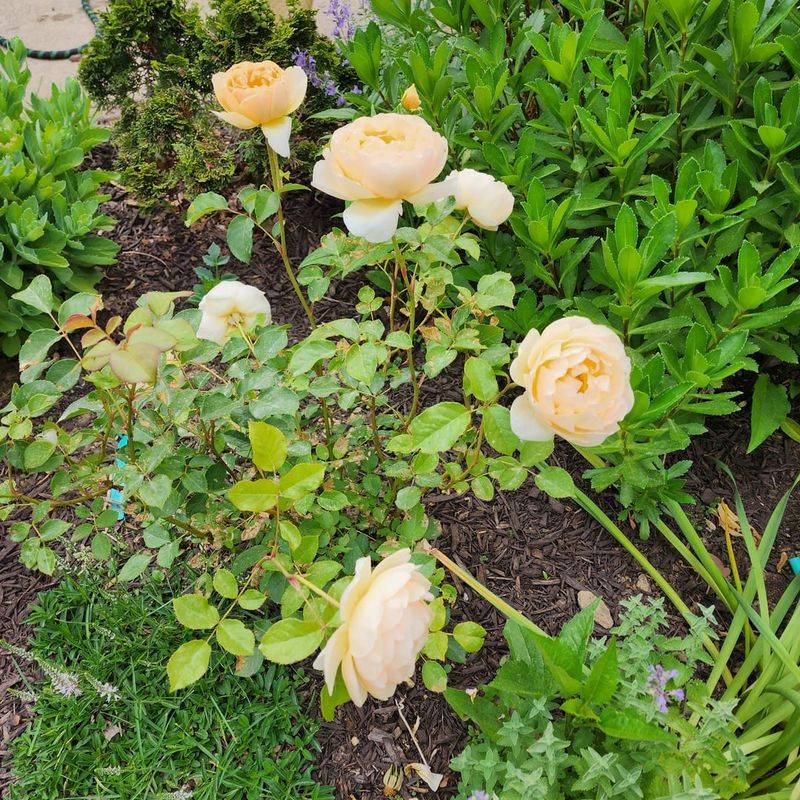
Strengthen roses with seaweed extract or fish emulsion fertilizers. Healthy plants resist disease better. These natural boosters work exceptionally well in Rhode Island’s somewhat depleted coastal soils.
Apply monthly through the growing season. The Rhode Island Rose Society recommends these specific amendments for our regional conditions. I’ve noticed dramatic improvement in my own Narragansett garden after implementing this regimen.
14. Consider Copper Soap Sprays
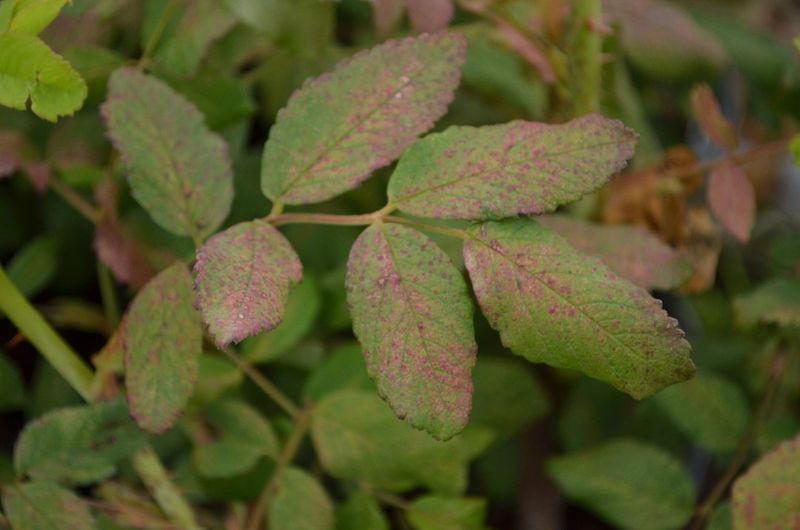
Copper-based fungicides offer excellent protection against black spot. They’re less harsh than many chemical options while providing effective control.
Apply every 7-10 days during Rhode Island’s humid summer months. The copper ions disrupt fungal cell membranes on contact. Local organic gardeners throughout the state have reported excellent results with brands like Bonide Copper Fungicide, readily available at garden centers.
15. Maintain Proper Fertilization
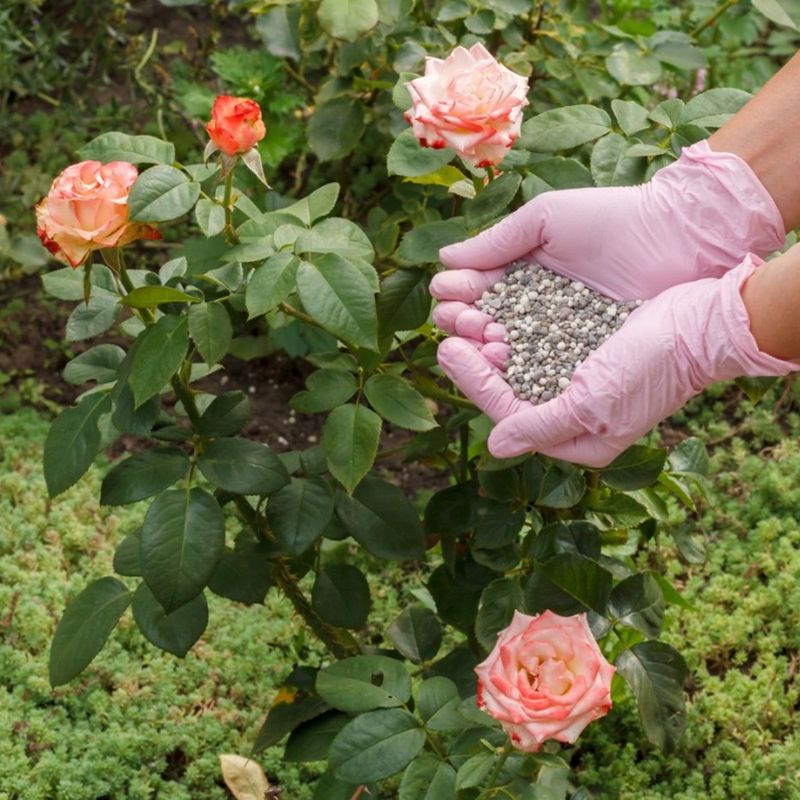
Over-fertilizing with nitrogen promotes soft, disease-prone growth. Use balanced rose fertilizers with equal NPK ratios during Rhode Island’s growing season.
Apply at half the recommended strength but twice as often for steady nutrition without growth spurts. This approach works particularly well with our region’s frequent rain, which can quickly leach nutrients from soil.

